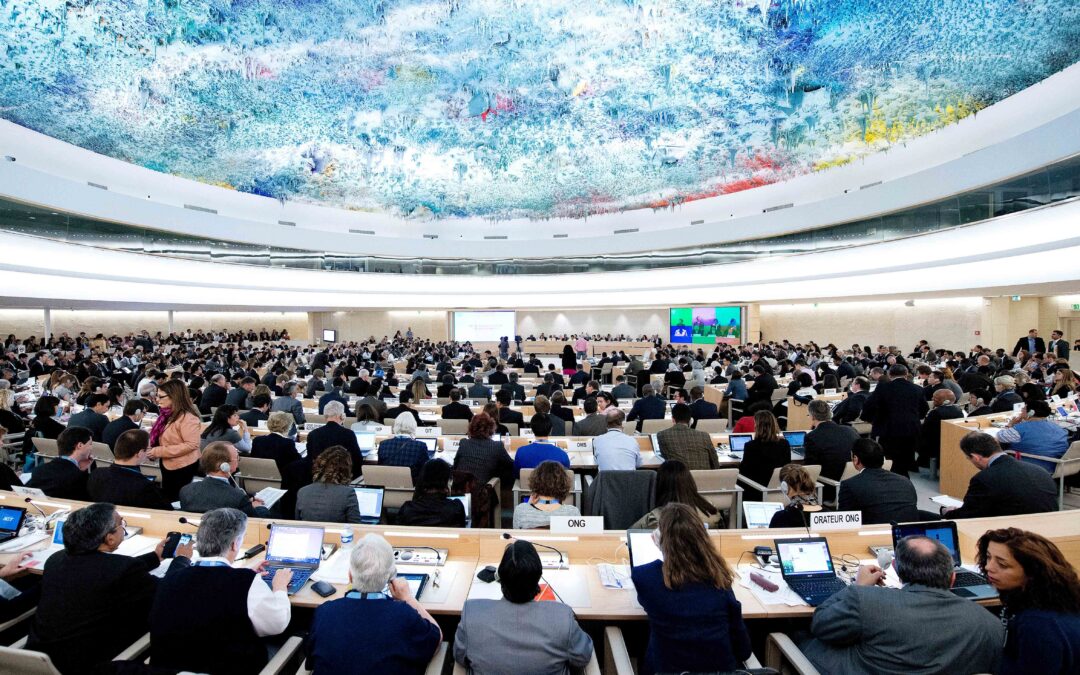
Dec 15, 2018 | Agendas, Events
Today begins in Ankara (Turkey) a one-day workshop for lawyers and CSO practitioners on the use and strategies of UPR mechanisms.
This event is organized by ICJ, in cooperation with its partners Kapasite Geliştirme Derneği and Human Rights Joint Platform, as part a/the EU co-financed project Rebuilding and Ensuring Access to justice with civil society in Turkey.
20 lawyers and civil society practitioners are taking part in the workshop on 15 December in Ankara.
The workshop aims at discussing the functioning of the Universal Periodic Review of the UN Human Rights Council in which all States undergo periodically a peer-review of their human rights situation by other States. Turkey is set for its third cycle of examination in 2019
The main thematic areas to be discussed will be access to justice in Turkey, the situation of the judiciary and the rule of law, and the protection of womens’ rights.
The project is funded by the European Instrument for Democracy and Human Rights (EIDHR) of the European Union.
Turkey-Training-Agenda-UPR-Ankara-2018-tur (download the agenda in Turkish)
Turkey-Training-Agenda-UPR-Ankara-2018-eng (download the agenda in English)
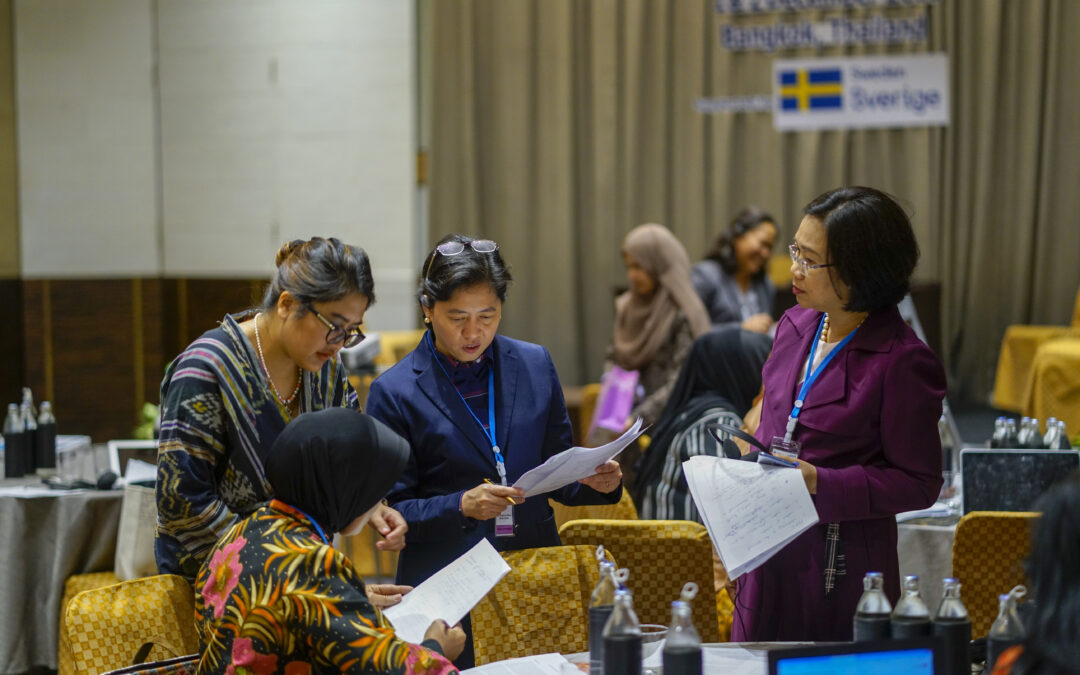
Dec 2, 2018 | Events, News
On 1-2 December 2018, the International Commission of Jurists (ICJ) held its 2018 Southeast Asia Regional Judicial Dialogue on enhancing access to justice for women in the region.
Participants included judges from Cambodia, Indonesia, Nepal, Pakistan, Philippines, Sri Lanka and Thailand.
The discussions, held in Bangkok, were focused around resources important for judges to aid in enhancing the capacity of their peers in eliminating gender discriminatory attitudes and behaviours towards women in their work. These resources include a training manual on the use of the Bangkok General Guidance for Judges in Applying a Gender Perspective, and a draft reference manual on women’s human rights and the right to a clean, healthy, safe and sustainable environment.
Frederick Rawski, ICJ’s Director of the Asia and the Pacific Programme, opened the dialogue by emphasizing how important it is for judges to be gender sensitive in their delivery of justice. This could only be done by applying a framework that gives primary attention on ensuring recognition of the applicable human rights, institutional support for the promotion of these rights, and accountability mechanisms for their implementation.
Roberta Clarke, Commissioner of the ICJ and Chair of the organization’s Executive Committee, noted that this judicial dialogue demonstrates the ICJ’s commitment to have a sustainable contribution to the implementation of international human rights standards at the domestic level. She hoped that the judges could contextualize the resources presented and bring these back to their countries for trainings of their peers.
This judicial dialogue is part of a joint project on access to justice for women that ICJ is implementing with UN Women.
Anna Karin Jatfors, UN Women-Asia Pacific’s Interim Regional Director shared that gender stereotypes and social norms which discriminate women are not unique in each country. She pointed out the importance of the ICJ and UN Women collaborating in this project to deconstruct this image to bring better access to justice to women in the region.
Overall, the dialogue was rich and substantive, with the full and active participation from all participating judges who shared their views and experiences on countering gender discrimination in cases before them. At the end of the judicial dialogue, the participating judges expressed strong interest to use the resources for capacity building initiatives of their peers in their own countries.
Contact
Emerlynne Gil, Senior International Legal Adviser, t: +662 619 8477 (ext. 206), email: Emelynne.gil(a)icj.org
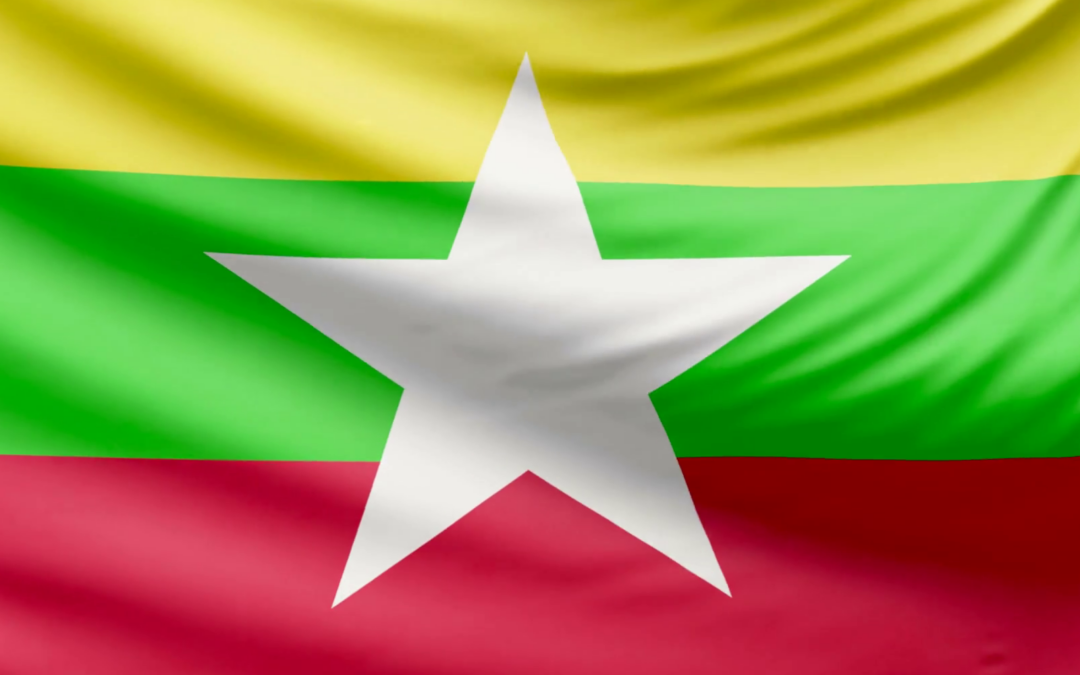
Nov 5, 2018 | News
The ICJ convened a two-day workshop from 3rd to 4th November 2018 in Yangon, to enhance understanding of legal protections of the right to freedom of thought, conscience, religion or belief in Myanmar.
Freedom of thought, conscience and belief, often referred to as the right to freedom of religion of belief (FoRB) is considered by many to be one of the foundations of a democratic society.
The workshop was aimed at discussing State regulation of religion or belief in Myanmar and included some 40 human rights defenders, lawyers and members of religious groups, from across the country.
ICJ legal adviser Sean Bain introduced the right to FoRB under international law and standards – particularly Article 18 of the Universal Declaration of Human Rights, and Article 18 of the International Covenant on Civil and Political Rights. Mr Bain also discussed the complementarity of these articles with other rights, such as the right to freedom of expression, and highlighted the limitation clauses in the international treaties which provide a framework for resolving some of the tensions that can arise in specific cases.
Michelle Yesudas, a Malaysian human rights lawyer, shared good practices and lesson learned from application of strategic litigation in FoRB related cases in Malaysian context and spoke about potential approaches and strategies that could be adapted in Myanmar context to push the legislative reform and enforcement of the law.
The ICJ’s legal researcher Dr. Ja Seng Ing and national legal Adviser Advocate Daw Hnin Win Aung jointly facilitated two panel discussions on challenges in free practice of religion or belief specifically focusing on the worship places and Freedom of Expression.
Based on their own independent research, senior legal scholars and human rights defenders from Myanmar also provided their perspectives on national challenges, particularly the absence of the State fulfilling its responsibilities to protect FoRB in Myanmar. Advocate Daw Zar Li Aye discussed available legal remedies and encouraged legal advocacy strategies to ensure protections under the law in Myanmar.
The participants raised a number of notable issues on addressing identified obstacles to the free practice of religion or belief included the need for annulling discriminatory notifications restricting the rights to practice religion freely, the need for safe space to continue the dialogue between FoRB activists, other human rights defenders and lawyers on strategic litigation.
Participants at the conference also recognized the opportunity presented before them in advancing freedom of religion or belief in Myanmar and committed to working collectively to enhance this right.
This event is part of the ICJ’s ongoing effort to convene civil society actors including lawyers to discuss critical human rights issues in Myanmar with a view to advancing the protection of human rights in the country.
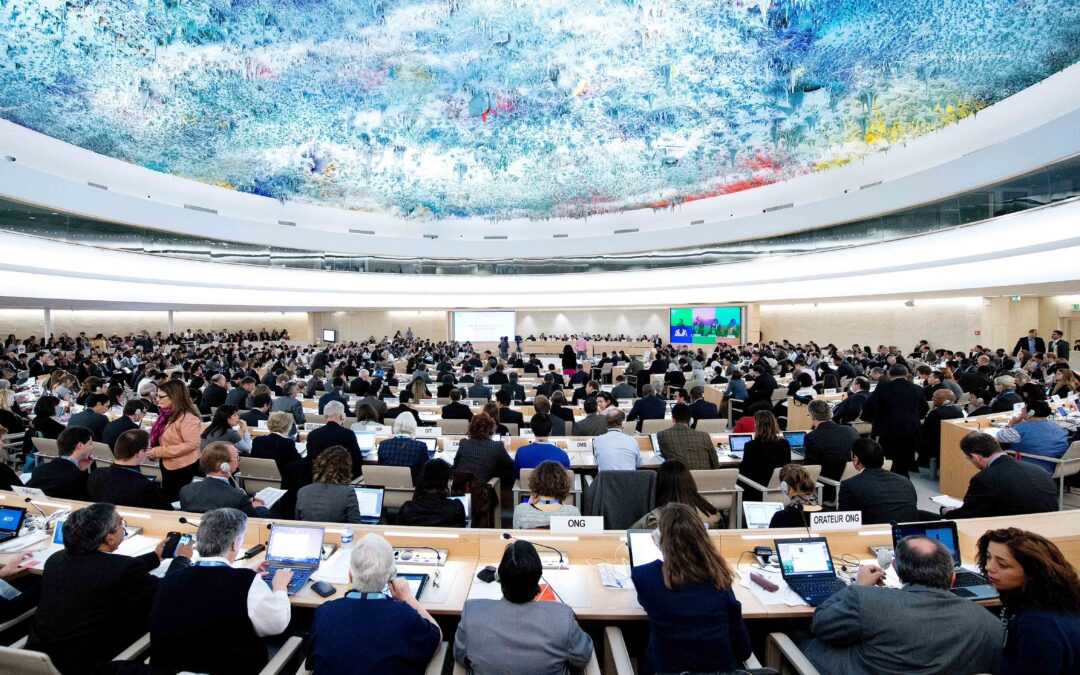
Oct 19, 2018 | Advocacy, Non-legal submissions
The International Commission of Jurists participated in the fourth session of the open-ended intergovernmental working group on transnational corporations and other business enterprises with respect to human rights that took place at the Palais de Nations from 15-18 October 2018. Below are the interventions the ICJ made at this session.
UN-ICJ statement IGWG4 general debate-Advocacy-ENG-2018
UN-ICJ statement IGWG4 prevention-Advocacy-ENG-2018
UN-ICJ statement IGWG4 legal liability-Advocacy-ENG-2018
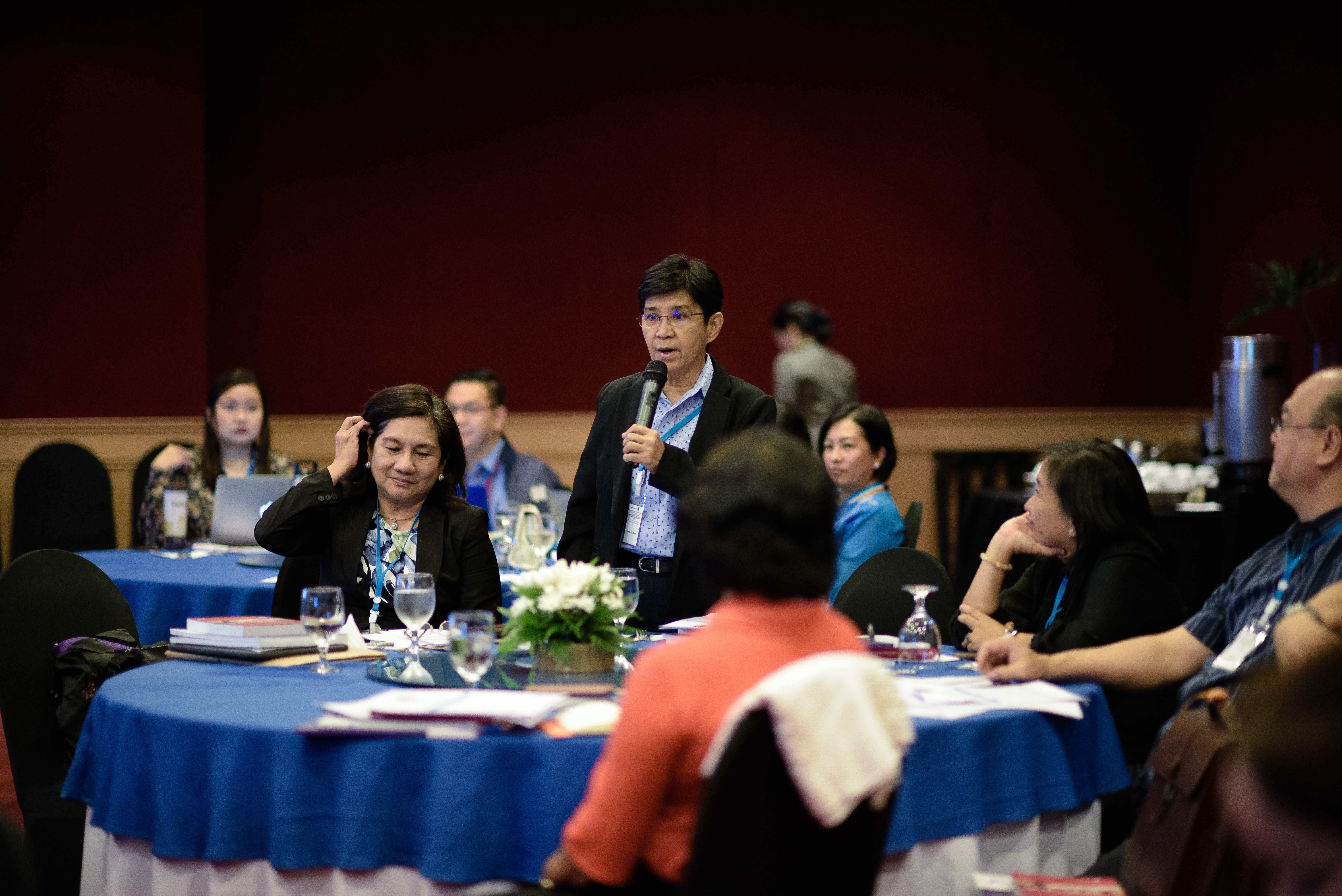
Oct 14, 2018 | News
From 12 to 13 October 2018, the ICJ and the Integrated Bar of the Philippines (IBP) held its second national workshop on eliminating gender discriminatory attitudes and behaviours towards women.
Participants at the workshop were members of IBP’s Board of Governors and Committee on Bar Discipline. The workshop was held in Cebu City, Philippines.
Emerlynne Gil, ICJ’s Senior International Legal Adviser opened the workshop by emphasizing that it is crucial for lawyers of all areas of expertise to engage in dialogues such as this in order to further enhance women’s access to justice.
Gil pointed out that gender stereotypes incorporated in laws and perpetuated in the administration of justice impair the capacity of women to exercise their right to access to justice.
She emphasized that lawyers, as frontline formal justice actors, play a key role in eliminating these stereotypes.
Marienne Ibadlit, IBP’s Governor for Western Visayas, spoke about the establishment of the Gender and Development (GAD) Committee as a standing committee of the IBP.
The establishment of the GAD Committee is expected to advance gender and women’s human rights within the IBP.
It is also expected to institutionalize within the IBP efforts to build the capacity of lawyers in the Philippines to assist women in accessing justice.
The participants recognized during the opening session that recourse to gender stereotypes in the practice of law and administration of justice is widespread in the Philippines and that gender stereotypes directly impact women’s access to justice.
A range of stereotypes were identified, including the idea of women being the ‘weaker sex’ and the perception that female lawyers are not suited for litigation of controversial political or criminal cases.
During the workshop, participants discussed how they could maximize their role as lawyers in facilitating women’s access to justice, specifically in the areas of domestic violence, sexual violence, family law, and employment law.
Some of the participants noted that they themselves had been influenced by gender stereotypes and committed to be more consciously gender sensitive in their work and personal life.
While acknowledging that much more must be done to bring about systematic change, it was agreed that incremental measures could be impactful.
Abdiel Dan Fajardo, National President of the IBP, expressed support for more action by lawyers in the Philippines on women’s human rights.
Both the ICJ and IBP reinforced their commitment to joint collaboration in furthering the advancements in women’s access to justice in the country.
Contact
Emerlynne Gil, Senior International Legal Adviser for Southeast Asia, t: +662 619 8477 (ext. 206) ; e: emerlynne.gil(a)icj.org









